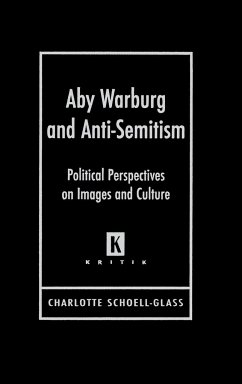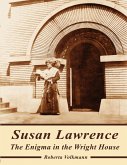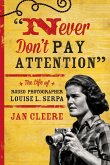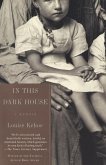In Aby Warburg and Anti-Semitism, Charlotte Schoell-Glass provides an unprecedented look at the life and writings of cultural critic Aby Warburg through the prism of Warburg's little-known political views. Schoell-Glass argues provocatively based on archival research that Warburg's work and teachings developed as a reaction to the growing anti-Semitism in Germany, which he saw as a threat to classical education and university scholarship. Translated into English for the first time, Aby Warburg and Anti-Semitism sheds much needed light on Warburg's views on Judaism and the politics of his time. Aby Warburg, scion of a well-known Jewish banking family in Hamburg, sacrificed his birthright to pursue a career as a private scholar. As an independent art historian, he devoted himself almost exclusively to reinterpreting the revival of antiquity within the Renaissance, urging other art historians to approach their work as a brand of the larger study of image making and philosophy. In this study, Schoell-Glass examines Warburg's most influential essays on Dürer, Rembrandt, and the Sassetti Chapel and his most innovative concepts-the accessories of motion, the pathos formula, and the afterlife of antiquity-to illustrate how Warburg persistently showed a deep concern over a disappointing and unstable outside world within his own work. Schoell-Glass shows how Warburg attempts to make a response to anti-Semitism the only way he knew how, despite his awareness of the diminishing societal relevance of that response. From this study of Warburg, Schoell-Glass produces a multilayered case study of the encounter between twentieth-century politics and scholarship. Art historians, German historians, and scholars of Jewish studies and cultural studies will be grateful for this volume.








